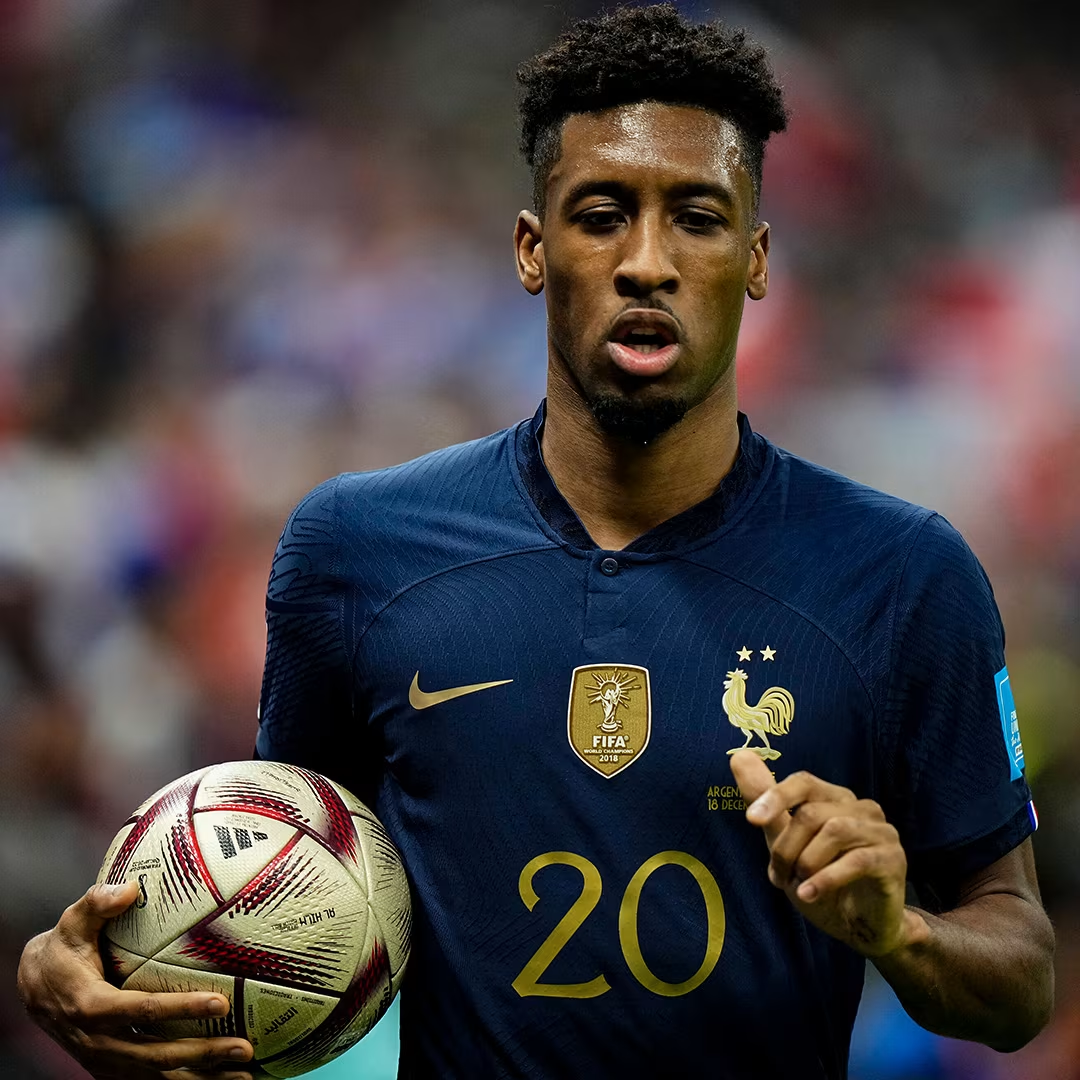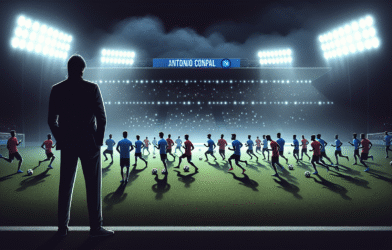Subtotal $0.00
Overview
Snapshot of a surprising stance
In a candid stage within the broader discourse on football and fatigue, France forward Kingsley Coman World Cup stance was laid bare during an interview with L’Équipe. He indicated that there could be a condition under which he would prefer not to attend the FIFA World Cup. This is a striking departure from the traditional reflex of players eager to wear the national jersey at the sport’s grandest stage. The Kingsley Coman World Cup stance therefore becomes a talking point not just about one player, but about the evolving calculus many athletes perform when balancing club duties, personal health, and international duty.
Coman remains a fixture in Didier Deschamps’ plans, valued for his speed, dribble, and adaptability across attacking roles. Yet the admission invites readers to parse nuance rather than a simple yes or no. The Kingsley Coman World Cup stance underscores a broader shift in football where calendar congestion, injury risk, and contract pressures shape even the most prestigious commitments. It raises questions about how national teams prepare when their star players signal caution about participation and welfare in a crowded schedule.
Coman’s World Cup stance
What his comments signal
The remarks point to a conditional willingness rather than a categorical refusal. He did not declare that he would skip every World Cup, but he signaled that wellness, recovery, and calendar load could influence his decision. The Kingsley Coman World Cup stance has thus become a focal point for debates about whether top players should prioritize long-term health over a single tournament. It invites a reevaluation of how clubs, agents, and federations negotiate workload, rest periods, and peak performance windows while pursuing glory on multiple fronts.
Reaction has been nuanced. Some hail the honesty as a necessary counterweight to year-round football, while others worry about precedent and national team chemistry. The Kingsley Coman World Cup stance also acts as a case study in how talent management intersects with public expectation. It could accelerate experimentation with rotation policies, staged comebacks from injuries, and more strategic use of players in the lead-up to major events. The conversation is no longer about a yes or no; it’s about sustainable excellence under pressure.
Context and interview details
Setting, audience, and significance
The interview appeared in L’Équipe, a publication trusted for close-to-the-vest insights into French football. The timing matters: teams face a grueling cycle of club campaigns, European fixtures, and international windows. The Kingsley Coman World Cup stance feeds into a broader debate about how governing bodies, leagues, and teams balance competitive integrity with player welfare. This is not a blanket rejection of international duty, but a pointed invitation to rethink how schedules influence decisions at the sport’s highest level.
For France, the remarks land in a landscape where preparation, depth, and morale are crucial ahead of tournaments. The Kingsley Coman World Cup stance is a reminder that a team’s cohesion depends not only on talent but also on how players are protected and rotated. It also highlights the ongoing tension between individual welfare and national pride. Media and fans have quickly reframed the issue as a live debate about modern football’s cost-benefit calculus and the role of player agency within national teams.
Implications for France
Preparation, squad dynamics, and psychology
France will need to incorporate this stance into its strategic planning for future campaigns. If a leading attacker signals potential unavailability, Deschamps may adjust camp structure, pacing, and selection matrices. The Kingsley Coman World Cup stance could push for smarter rotation during friendlies and qualifiers, ensuring that key players remain fresh for the tournament phase. It also invites greater attention to injury prevention, recovery protocols, and data-driven workload management. In short, the Kingsley Coman World Cup stance is a catalyst for a more nuanced approach to player availability and squad balance.
From a psychological perspective, the remarks may influence how teammates perceive risk, accountability, and collective resolve. The Kingsley Coman World Cup stance could help normalize conversations about load management within the squad, reducing stigma around rest and wellness. It is a reminder that elite teams function best when all members feel protected and prepared. Coaches might lean on depth, develop contingency plans, and empower players to voice concerns without fearing sacrifice of their international careers. This thoughtful approach could enhance France’s resilience in high-stakes tournaments.
Club considerations and player welfare
Workload, rest, and safeguarding
The club side bears the brunt of decisions tied to the Kingsley Coman World Cup stance. When a star hints at possible non-participation, coaches must rethink lineups, pacing, and rest cycles. Teams across Europe are increasingly adopting holistic fatigue management, monitoring metrics, and individualized recovery plans to extend players’ peak years. This environment makes the Kingsley Coman World Cup stance particularly relevant, as it intersects with medical risk assessments and contract realities. It also underscores the need for robust dialogue between clubs and national associations to align on expectations and safeguards.
From a welfare perspective, this stance pushes for clearer calendars and more transparent call-up policies. It highlights how modern football must balance ambition with health, ensuring players can deliver when it truly matters. Clubs could respond with improved rest infrastructure, smarter scheduling, and enhanced medical support. The Kingsley Coman World Cup stance thus becomes a call to action for embeds of wellbeing into every phase of a player’s career, not just during a tournament window.
Future outlook
Long-term implications for Coman and the sport
Looking ahead, the Kingsley Coman World Cup stance could influence policy discussions around international calendars, player welfare, and the economics of football. If more players articulate similar positions, federations and leagues may explore reforms in tournament timing, squad rotation, and mandatory rest periods. The goal would be to preserve competitive integrity while reducing burnout and injury risk for the sport’s best talents. This could lead to a more sustainable model that honors both club success and national representation across generations.
For Coman personally, the stance may shape a legacy emphasizing longevity and strategic decision-making. He remains a potent force for France and a critical asset for his club. The Kingsley Coman World Cup stance could redefine how he prioritizes workload, with emphasis on recovery, training optimization, and selective international participation. Whatever the outcome, this stance will remain part of the ongoing debate about modern football’s obligations to players, clubs, and fans. It may prompt practical changes that improve health, performance, and fairness in the sport.
















